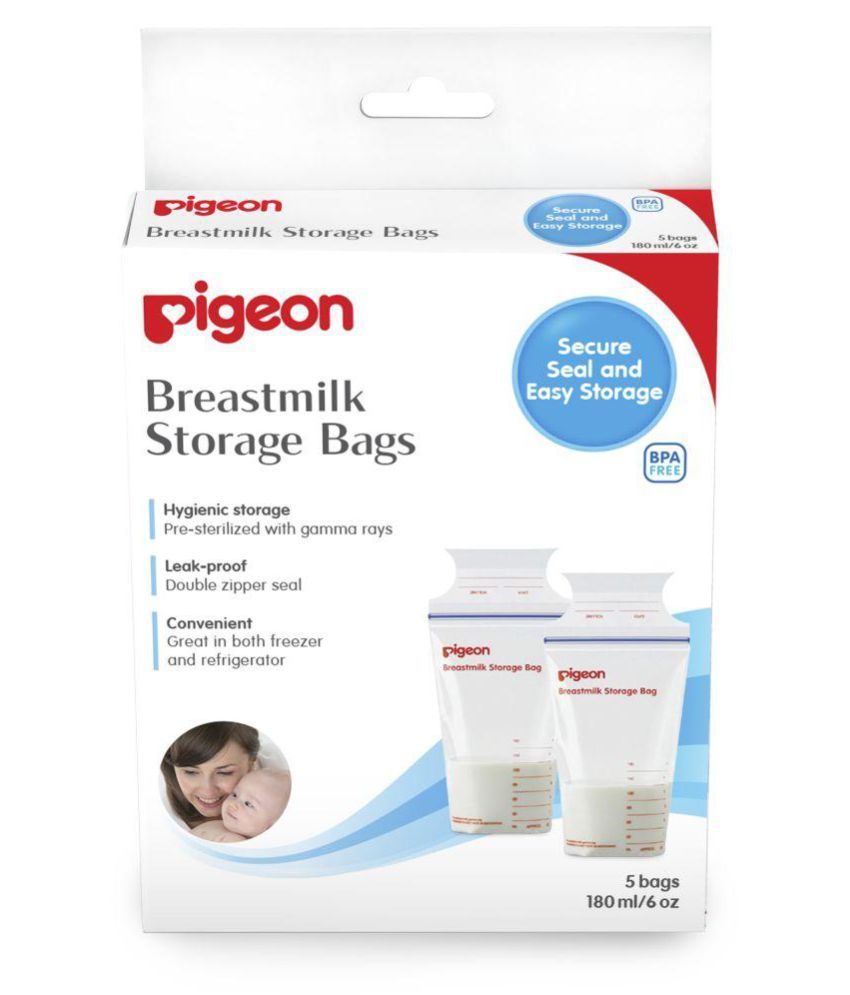Is it secure to refreeze breast milk after it has been defrosted?

When it concerns breast milk storage and reuse, a common question numerous nursing moms have is whether they can refreeze thawed out milk. The simple response is no, you must not refreeze thawed out breast milk. As soon as breast milk has been defrosted from icy, it's essential to use it within a particular timespan to ensure its safety and security and nutritional stability for your baby. Right here's why refreezing thawed bust milk is not advised and what you must do instead.
Safety and Top Quality Issues
1. Bacterial Development: Defrosting milk, particularly if done at room temperature or in cozy water, can introduce bacterial growth. Refreezing it does not eliminate these germs, and they might increase once the milk is defrosted once more, presenting a danger to your baby.
2. Nutritional Degradation: The procedure of freezing, thawing, and afterwards refreezing can break down the dietary high quality of breast milk. Crucial enzymes that safeguard your child's gut health and wellness and aid in food digestion can come to be less effective, lessening the milk's nutritional worth.
Get Started can be securely kept in the fridge for up to 24 hours. Nonetheless, it is very important to keep in mind that it should not be left at area temperature level for greater than a couple of hours after thawing. If you have actually defrosted bust milk and strategy to use it today, it's best to utilize it as soon as possible, especially if you have actually heated it up for a feed. Stay clear of reheating breast milk multiple times, as this can adversely impact its high quality.

Best Practices for Thawing Breast Milk
1. Strategy Ahead: Thaw just the quantity of milk you anticipate needing for the following feed or more to lessen waste. Thawing in the fridge over night is a risk-free approach if you recognize you'll need the milk the following day.
2. Gentle Thawing: For quicker thawing, place the icy milk container in a bowl of lukewarm water or hold it under warm running water. This method reduces the risk of getting too hot and preserves the milk's beneficial properties.
3. Staying Clear Of Area Temperature Level Thawing: Thawing bust milk at area temperature level is not advised due to the potential for bacterial development. Constantly objective to thaw milk in the refrigerator or with lukewarm water.
As opposed to refreezing bust milk, think about cold it in smaller portions to make it easier to thaw just what you need for each feeding. Additionally, if you have thawed bust milk that won't be eaten prior to it goes bad, you can locate imaginative ways to utilize it, such as blending it with child grain ( when your baby is old enough for solids) or utilizing it for a milk bathroom, which can be calming for some babies' skin.
The safety and security and well-being of your baby are vital, which consists of handling breast milk with care. Refreezing thawed out breast milk is not recommended as a result of the dangers of microbial development and dietary loss. By following best practices for defrosting and making use of breast milk, you can ensure that your child gain from the high nutritional and immunological top qualities of bust milk, even when it's expressed and kept for later use.
